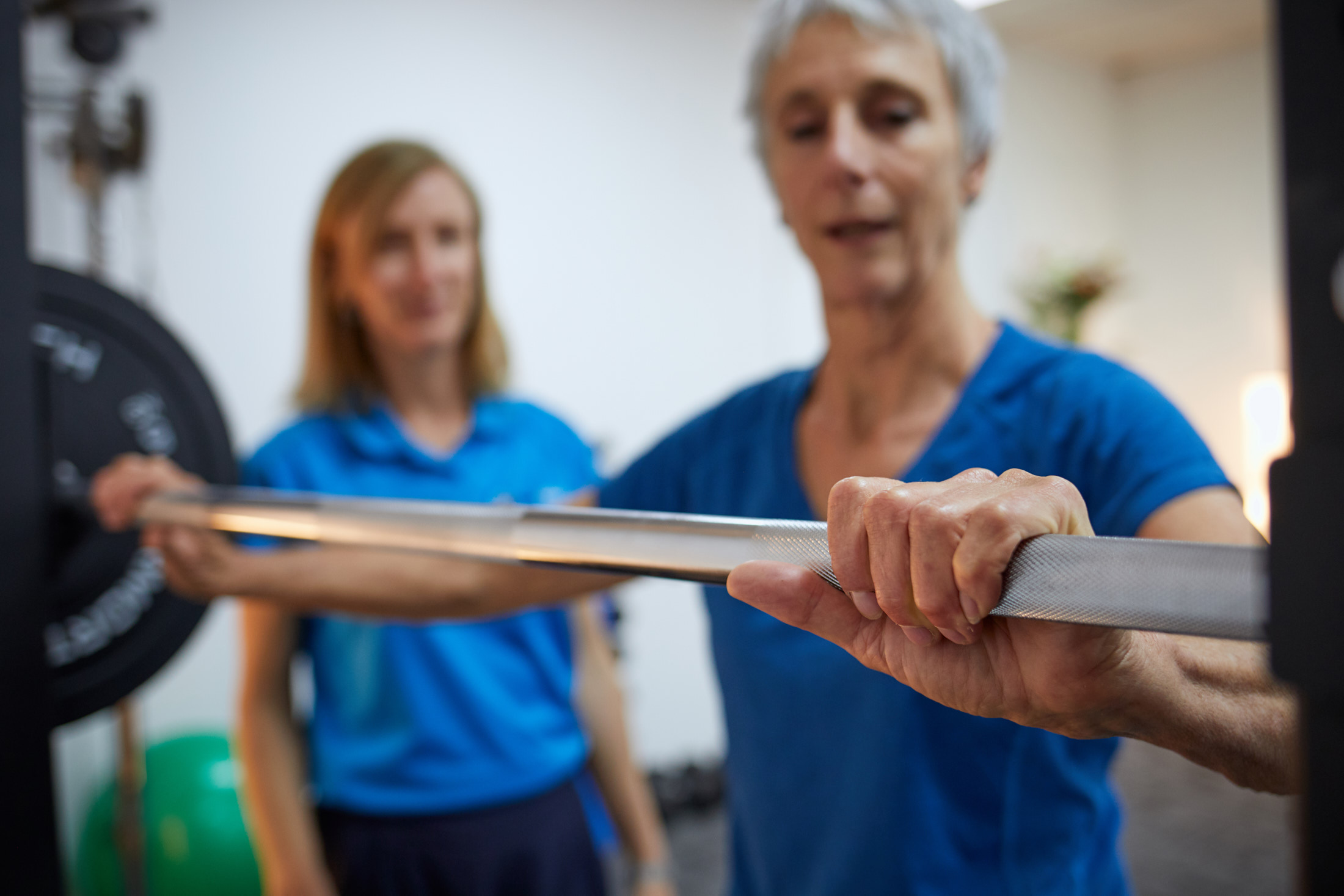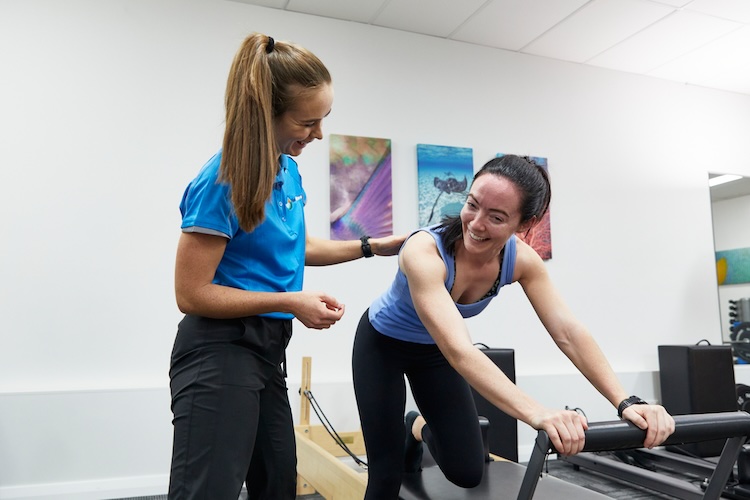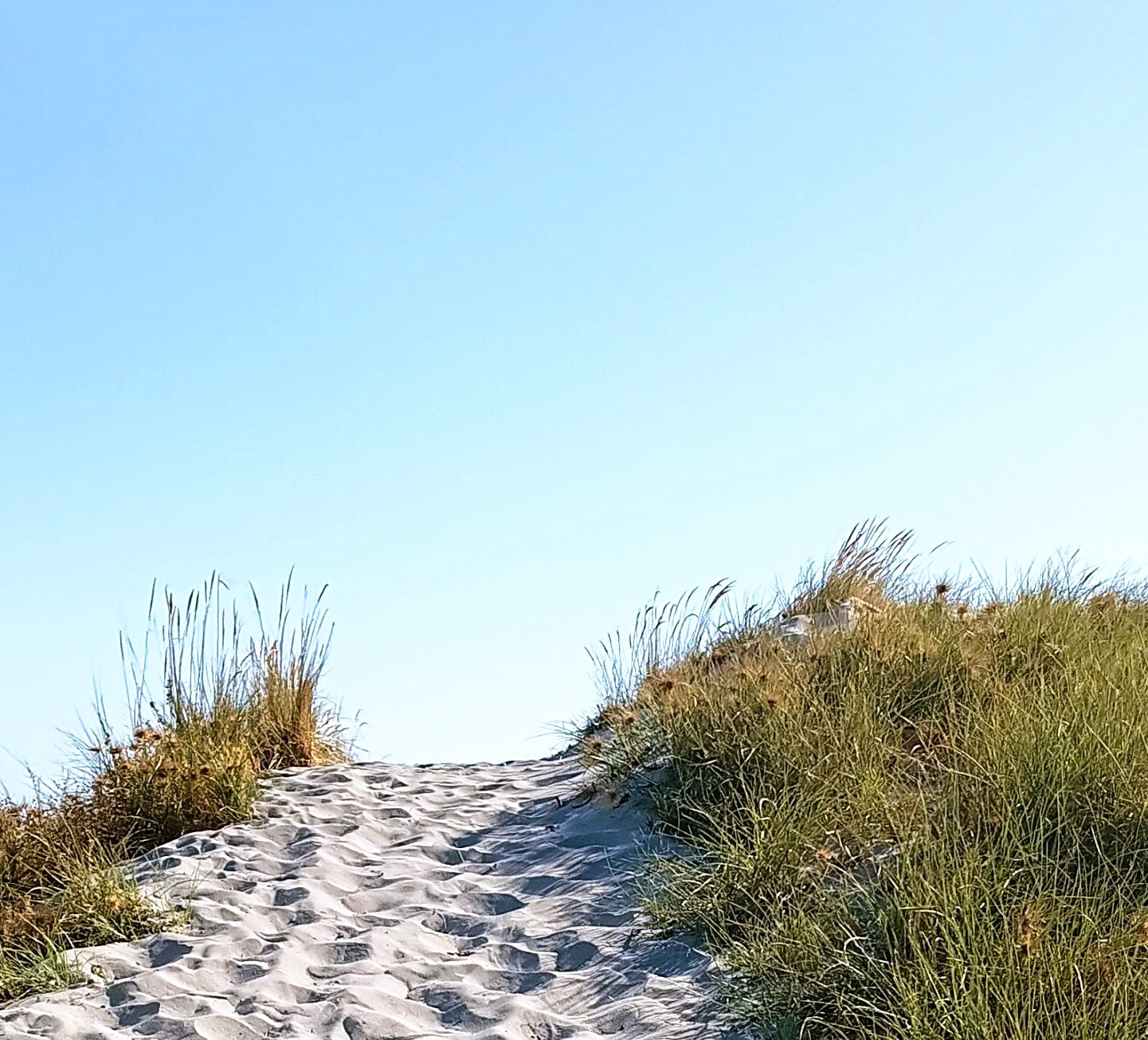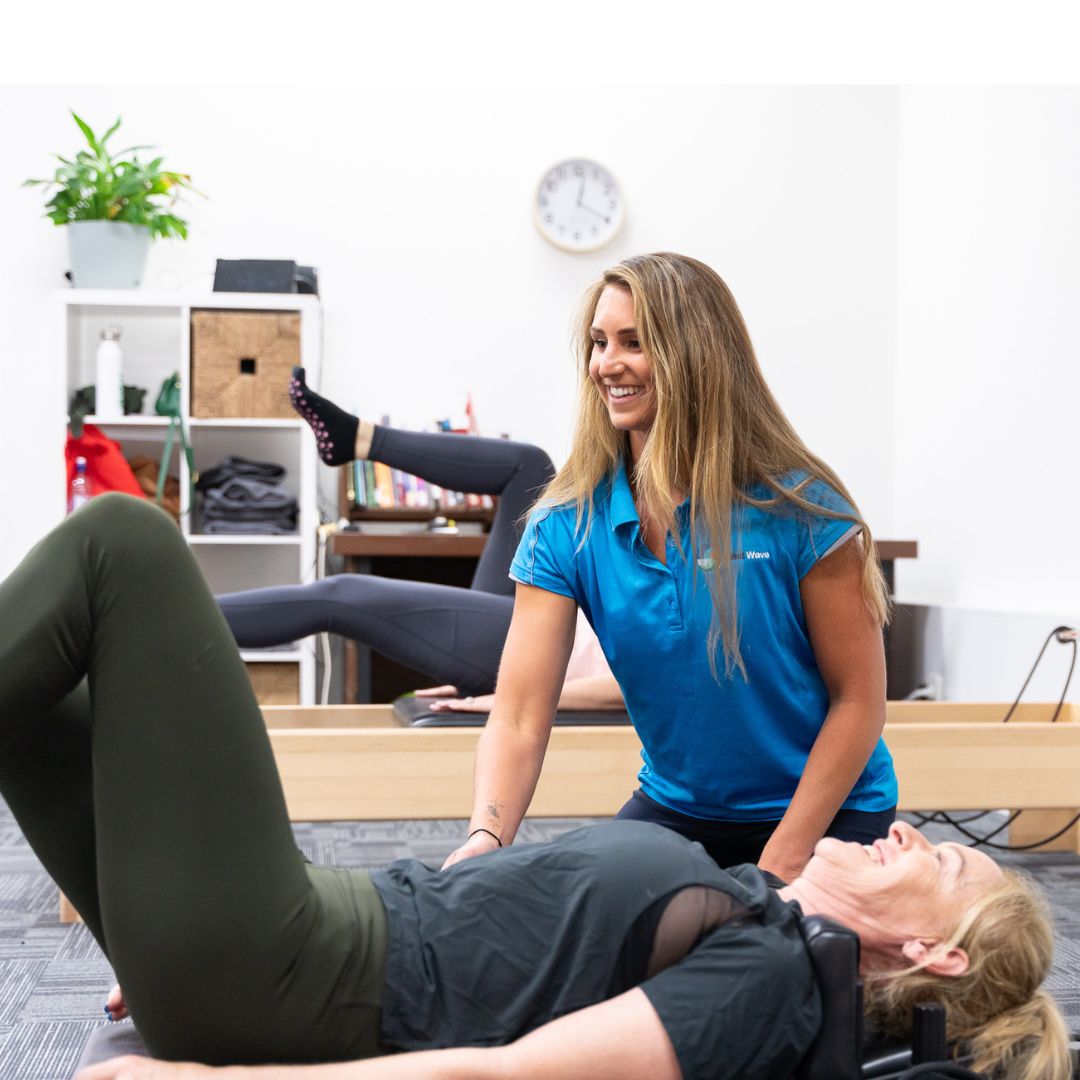Occupational Therapy Changes Lives
Occupational Therapy Week 2020 26th Oct – 1st Nov
Occupation and its relationship with health and wellbeing is complex. Occupations are our self care, work and leisure activities that create purpose and meaningfulness in our lives.
I love being an occupational therapist (OT) but historically people have struggled to understand what it is we actually do. Recently other professions have begun to realise the power of meaningful occupation. For OT Week 2020 I am diving into this power of the therapeutic use of everyday activity in shaping our health and wellbeing.
Meaningful Living Promotes Health
A sense of meaning and purpose in life is a strong predictor of good psychological and physical wellbeing (Zika, 1992)
The opposite of having meaning in life is meaninglessness. This is like an existential vacuum, where life is experienced as empty and meaningless, and is associated with psychological & physical discomfort (Reker, Peacock and Wong, 1987). For example, lower meaning in life predicts greater PTSD severity in military veterans (Owens, et al. 2009) and mediates the relationship between uncontrollable stress and substance use (Newcomb & Harlow. 1986).
A challenge that all people face is this existential search for the meaning of life. If meaning is understood as the worth of your life, then the meaning of life is, to give life meaning and purpose.
Occupations create meaning in many ways.
-
Occupational habits and routines create predictability and a sense of calmness in the day.
-
Occupations create connections through shared social or cultural experiences.
-
Occupations facilitate a sense of self, boost self esteem and motivate self-actualisation.
-
Occupational balance enables you to experience a flow state, to be fully present to the richness of life.
Meaning is created by how occupation is done (form), what it produces (function) and what lasting experiences are left (meaning) (Larson, Wood, & Clark, 2003). In other words the doing, being and becoming of life.
Doing, being, becoming and belonging
“Occupational therapists are in the business of helping people to transform their lives through enabling them to do and to be and through the process of becoming.” Wilcok (1999)
Doing
Doing is often associated with occupation, it involves the task, activity and/or functional performance. We could not survive without the doingness of life.
Being
Being is more associated with our true nature or essence, it’s about being true to ourselves, to our individual capacities and in all that we do.
Becoming
Becoming adds to the idea of being with a sense of future and holds the notions of transformation.
“The value of doing, being and becoming is at the centre of (occupational therapy) practice. The appreciation that people live in a physical and social context, and that people have biopsychosocial, cultural and spiritual aspects is central to practice.” Bronnie Lennox Thompson (2020)
This Pan Occupational Paradigm, has a fourth dimension of belonging. Together these occupational dimensions help create change for healthier lifestyles for individuals, their families and communities at a social and global level.
Power of Occupation
One of the most rewarding things about being an occupational therapist for me, is the small changes we make that have a massive impact on people’s lives. Power by definition is the capacity to influence behaviour or the course of events. Occupations have this power to change lives and they do it in an empowering and sustainable way.
Whole person centered therapy
Occupational therapists want you to move, think and feel alive. We want you to be able to fully participate in life. We are interested the whole of you, your functional skills, values, personal preferences and the environment you live in. We get up close and personal with all the things, big and small, that you need, want or are expected to do in life – your occupations.
So when you lose the ability to carry out daily occupations independently, how do you function in the world and who do you become?
Being human and this thing of living is complex by virtue of how unique each person is. An occupational therapy model is “whole person centered”. We simply focus on daily living activities but in context of the very complex adaptive systems of humanity and ecology.
The Complex Adaptive System gives a little insight to how an occupational therapist approaches health and healing. We look at all the parts that make the whole person and the environment that these parts live in. We consider adaptive behaviour (the positive and negative feedback loops) and what is needed to be added, removed or changed to create the best conditions for a person to move toward living a rich and meaningful life.
You’re most likely still none the wiser to what an occupational therapist does.
Try making yourself a cup of tea and then consider every skill you needed to make that drink and every other person and environmental factor that enabled you to make the tea. And then contemplate every activity you do, every moment of the day.
If you’re still none the wiser… next time we meet, I’ll make you a cuppa and we can contemplate life and this thing of living well!
Final note…
Occupational therapy and the power of occupation changes lives.
Occupations are the everyday activity’s that we do most days, such as tending our garden, growing our children or driving to work. They often become habitual and so their many layers of complexity are obscured. And it becomes easy to lose sight of the power they hold in shaping our quality if life, our health and wellbeing.
Occupational therapy is the art and science of enabling people to engage in their valued occupations so they can live a rich and meaningful life. This is the simple complexity of the power of occupation. This is why I love being an occupational therapist.
Copyright Next Wave Therapy
Written by Sasha Wray Principal Occupational Therapist, Naturopath and Five Element Acupressure Practitioner with a special interest in helping people live well with pain or mental health concerns.
“Given the recent onset of droughts, bushfires, and the global pandemic, the 2020 OT Week theme is: Resilience: Supporting our communities to rebuild, recover, and reengage. In supporting people to participate in activities they find meaningful, occupational therapists are vital in helping our communities through disaster recovery. As disaster survivors reengage in disrupted occupations (such as daily routines, activities and employment), they can better cope with stress and be supported through their recovery.” www.otaus.com.au
References
Newcomb, Michael D., and L. L. Harlow. “Life events and substance use among adolescents: mediating effects of perceived loss of control and meaninglessness in life.” Journal of personality and social psychology 51.3 (1986): 564.
Owens, Gina P., et al. “Posttraumatic stress disorder, guilt, depression, and meaning in life among military veterans.” Journal of traumatic stress 22.6 (2009): 654-657.
Reker, Gary T., Edward J. Peacock, and Paul TP Wong. “Meaning and purpose in life and well-being: A life-span perspective.” Journal of Gerontology 42.1 (1987): 44-49.
Thompson, B. (2020) What do occupational therapists add to pain management? Health Skills Blog
Wilcok, A. Australian Occupational Therapy Journal (1999) 46, 1–11
Zika, Sheryl, and Kerry Chamberlain. “On the relation between meaning in life and psychological well‐being.” British journal of psychology 83.1 (1992): 133-145.







